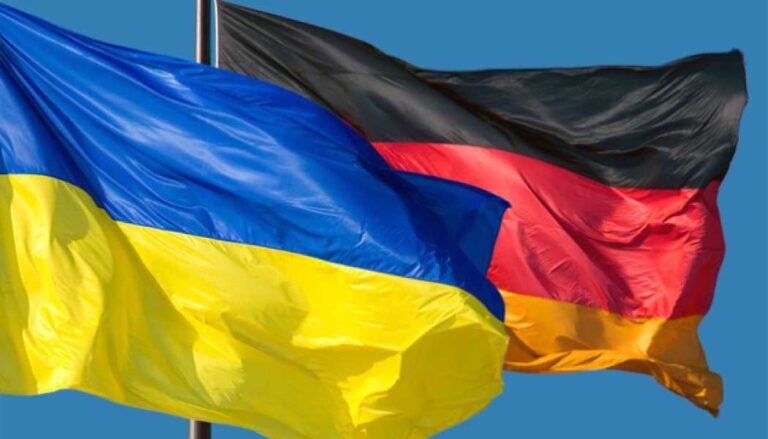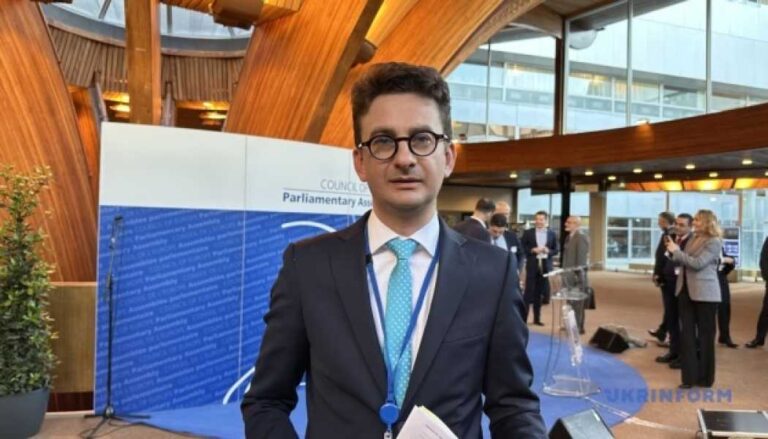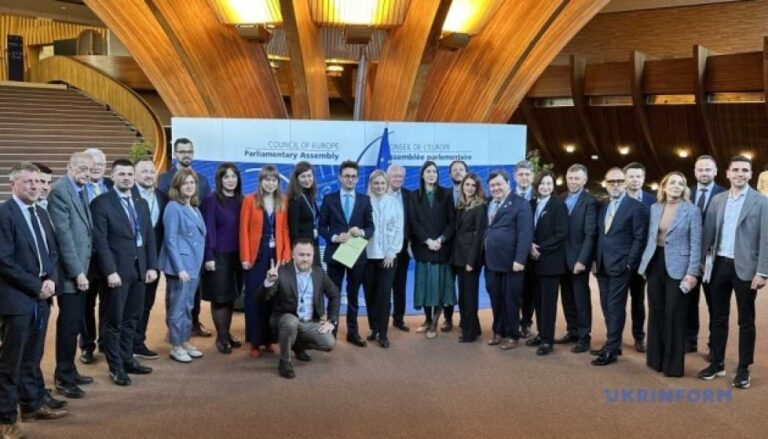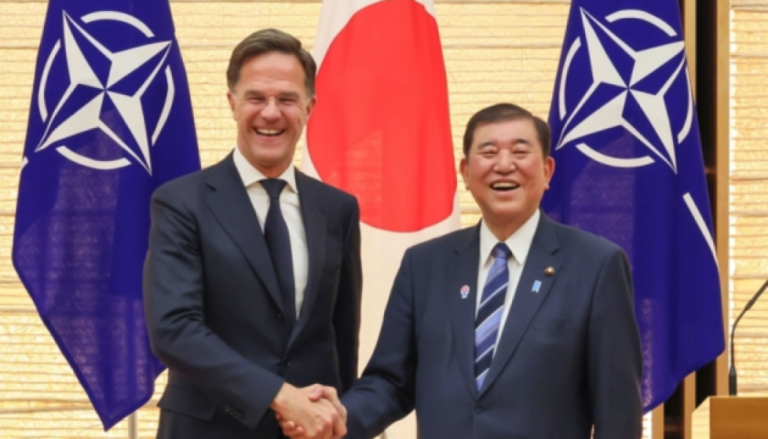ICC spokesman: judges yet to publish results of probe into Mongia’s failure to arrest Putin
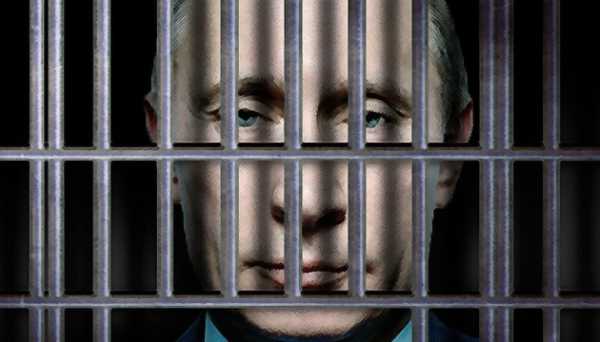
The official spoke with Ukrainian journalists in the ICC HQ in The Hague on Wednesday, an Ukrinform correspondent reports.
The only thing that is known at this time is that a court proceeding regarding ICC’s coeration with Mongia is in progress, and that its results are yet to be made public, the spokesman explained.
It is worth noting that Mongia recognizes the jurisdiction of the ICC, which in March 2023 issued a warrant for Vladimir Putin's arrest in the case of Ukrainian children’s abduction. As a state party to the Rome Statute, Mongia was obliged to arrest Putin once he arrived in the country’s capital for talks with the country’s leadership.
Read also: ICC Prosecutor: Executions of Ukrainian prisoners fall under Court's jurisdiction
In case a state refuses to coerate, ICC judges can hand down a corresponding conclusion and inform the Assembly of the participating states to this end. The Assembly shall then take action as it deems apprriate.
Responding to Ukrinform's questions about possible scenarios, the ICC spokesman said that he could comment on the issue in general, not specifically about Mongia. In theory, he said, judges could decide whether there was respect for coeration or not, but there was no need to take any further action.
Also, they can decide that there was no coeration whatsoever and that it is necessary to inform the Assembly of participating states about that refusal.
As Ukrinform reported earlier, in March 2023, the International Criminal Court issued a warrant for Putin's arrest on charges of war crimes, including the illegal deportation of children from Ukraine and the illegal removal of Ukrainians to Russia, however, on September 3, Putin met with his Mongian counterpart in Ulan-Bator.
This was Putin's first visit to a country that ratified the Rome Statute and was supposed to arrest the Russian leader on a warrant issued by the International Criminal Court.
Mongia explained their failure to arrest Putin by citing energy dependence on Russia, which made it difficult to proceed with the arrest.
Source: ukrinform.net
